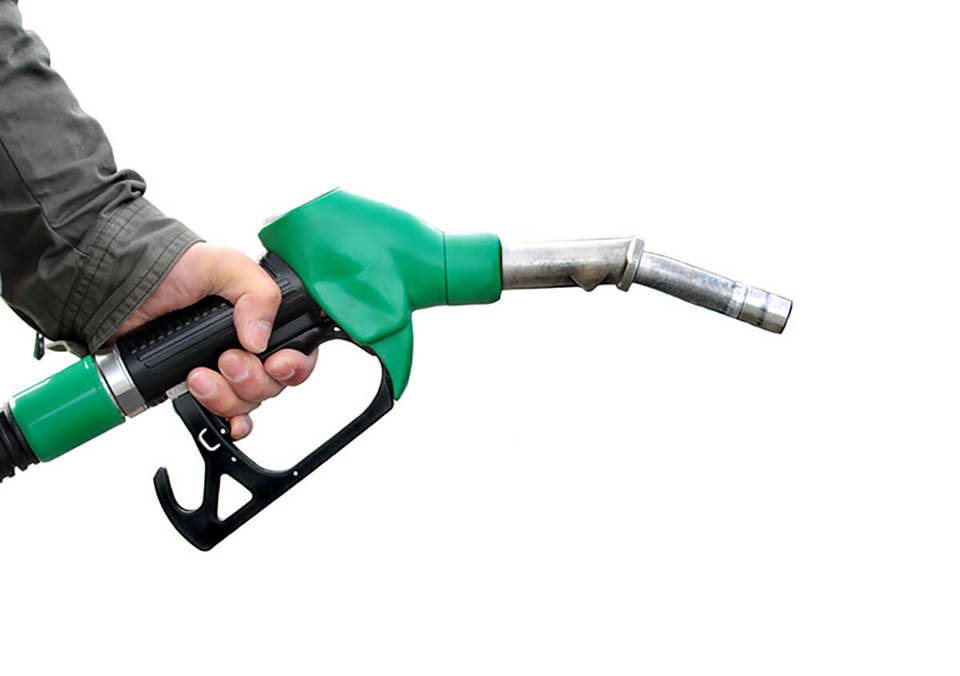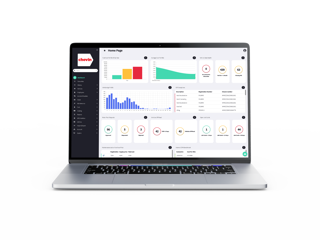Fleets have been subjected to record pump prices in recent weeks, with the rise in VAT and a hike in fuel duty adding to their burden.
April’s planned increase will be the third since the Coalition took power and was put in place in the 2009 Budget when the fuel duty escalator was reintroduced by the previous Government.
At one penny above the rate of inflation, it is likely to add at least another 3p to the price of a litre.
David Allen, a partner at CS Allen and Sons, said: “The level of tax has got to be looked at as it’s having a serious knock-on affect.
“The way things are at the minute, customers are going to have to pay more for the service we provide or we’ll all be out of business.”
However, The Freight Transport Association is lobbying to have the duty increase frozen until oil prices stabilise.
James Hookham, FTA managing director of policy and communications, is confident its request will be met.
“The coalition does understand the cost of transport and doing business in vans,” he said. “They have to raise money but the recovery is fragile – they can’t kill the patient. If business and consumers have a joined up message we have a good change of success.”
A decision is likely to be announced in the March Budget.
Prime Minister David Cameron has suggested a “fair fuel stabiliser” as a way of limiting fuel duty rises.
However, that idea was originally dropped after the Office for Budget Responsibility claimed it would be impractical and costly to implement.
And Hookham said it did not have the support of the FTA. Instead, he called for a different rate of fuel duty for trucks and vans, suggesting the introduction of blue diesel in a move similar to the cheaper red diesel used by off-road agricultural vehicles.
Long-term, the FTA believes road pricing could provide the solution, as long as it replaces fuel duty.
“Our members would be prepared to contemplate this,” Hookham said. “It gives another, fairer way to set charging.”
Rising pump prices have already added more than £100,000 to the cost of running a 500-car fleet since January 2010, according to mileage audit specialist TMC.





















Login to comment
Comments
No comments have been made yet.